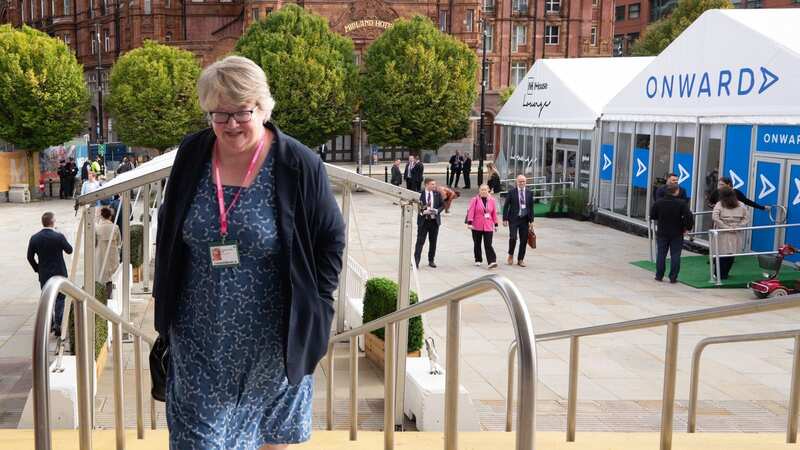

A Tory cabinet minister boasted she'd blocked tighter restrictions on shotgun ownership in the aftermath of a mass shooting.
At a fringe meeting of game shooting enthusiasts at Conservative Party Conference, Environment Secretary Therese Coffey said: "Understandably, there's been some serious incidents with shotguns in parts of the country and in Plymouth and other areas like that.
“So there was a potential reaction that would have made it much harder for you to have shotguns and I stopped it - I stopped that." She added: “It is about having a sensible partnership on this approach."
In August 2021, 22-year-old Jake Davison from Plymouth, shot and killed five people, including his mother, and injured two others before fatally shooting himself. The Government launched a consultation into tightening up gun licensing laws in the wake of the shooting.
But in June the Government announced changes would not go ahead because "the vast majority of licensed firearms holders are law abiding and cause no concern." And Policing minister Chris Philp said "additional controls on shotguns are unnecessary and would have a negative impact on their legitimate use.”
 Teachers, civil servants and train drivers walk out in biggest strike in decade
Teachers, civil servants and train drivers walk out in biggest strike in decade
The Plymouth Herald reported local MP Luke Pollard had demanded an apology from Ms Coffey, who made the remarks - first reported by the Guardian - at a conference lunch sponsored by the British Association of Shooting and Conservation (BASC).
He said: “I am stunned and disappointed that the former Deputy Prime Minister would boast about obstructing gun law reform after the Plymouth tragedy. We have long suspected that there were Conservative Ministers siding with the shooting lobby behind closed doors to prevent change. Now we know who. Therese Coffey must apologise to the victims' families and to Plymouth, both for her remarks today and for her actions to sink reform."
Earlier this year, following an intense five-week inquest into the shootings, Plymouth's senior coroner Ian Arrow laid down a series of recommendations in his Prevention of Future Deaths report. He warned that there was "a risk that future deaths could occur unless action is taken" adding that he had concerns - voiced by a number of witnesses at the inquest, including senior police officers - that the Firearms Act of 1968 "requires root and branch reform" to achieve this.